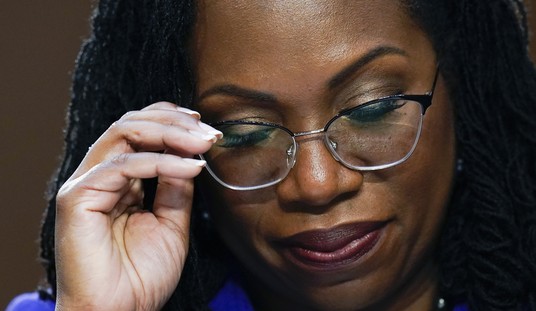Phil Angelides of the Washington Post makes the liberal argument for tax increases. It is similar to the one made by Robert Reich in this video. Essentially the story goes like this. All the profits in the economy have been captured over the past decades by a small number of capitalists. This is reflected in growing income inequality in America. Middle class wages have stagnated because they haven’t shared in the wealth. The deficit, according to this narrative, is primarily caused by a refusal of the capitalists to pay higher taxes. If taxes were raised then most of the fiscal problems of the country would be over and much of the entitlement crisis would go away.
Angelides argues it is time to take some of that money out of the hands of the hoarders and ‘put it to work’. He writes:
Over the past decade, we squandered trillions of dollars on rampant speculation rather than on making investments — in technology, infrastructure, clean energy and education — that increase our productivity and economic strength. The financial sector’s share of corporate profits climbed from 15 percent in 1980 to 33 percent by the early 2000s, while financial-sector debt soared from $3 trillion in 1978 to $36 trillion by 2007. With tens of millions still unemployed, isn’t it time to shift from an economy based on money making money to an economy based on money creating jobs and genuine prosperity?
I have several questions about the accuracy of this narrative. First, if the capitalists made all this money and it has remained untaxed because it largely subject only to capital gains, it should have been reinvested in the economy. The rich do not consume as great a proportion of their income as the rest of us. So that money should have been ‘put to work’ and everything should be going great guns. Second, what in the narrative broke the economy to make it change its behavior so drastically? Did it happen by itself, or did it occur due to some political development which the Democrats now intend to rectify. The third question goes from the second: who is this “we” who is going to fix the economy? Who is this we who is going to take the money from the rich and ‘put it to work’? Is it the people in the administration?
I’d like to offer up an alternative narrative largely on intuition. If markets worked well we would not observe the results posited by Reich and Angelides. Money would be reinvested according to its highest marginal return and the economy would grow — and incomes with it — as fast as possible. Nor would we see the sudden emergence of a class of super-rich. The scenario being described by both is much more consistent with a crony capitalist scenario. If at some point rent seeking beyond market rates became possible, resources would be driven to uses that were economically unproductive but monetarily lucrative. The financial services industry and housing come to mind, but others may suggest themselves to the reader.
That would also give sudden rise to a group of super rich. America, in short, would begin to look like a Latin American economy because a crony class had emerged. This is an important problem to consider because even if the voters were to grant President Obama the power to tax away all that money and ‘put it to work’ it would only serve to increase, not decrease, the trend towards crony capitalism. Cronyism arises when the government becomes so powerful that it becomes imperative for industry to capture the regulator in order to prosper. That tendency will be exacerbated, not diminished, by giving government ever more power.
If the government were much less able to influence the market, there would be little point to lobbying government. Anyone who made a profit would face the choice between consuming the profit or reinvesting it. If he decides to reinvest it, there he would have little choice but to choose the alternative with the highest margin return, which in a well functioning economy, corresponds to actual productivity.
One of the problems with both Angelides narrative and the alternative presented above is that is a contrast between ideals. In the real world, nothing is ideal. But which point of view will predominate? That is the intellectual question behind the budget ceiling debate. The President wants taxes raised so he can fix the economy and probably help a few friends along the way. The GOP, perhaps not for the purest of reasons, wants no further taxes. Thus, the lines are roughly drawn around the question of “more” or “less” government. Within that larger choice, there’s probably a lot of fine print to be considered. But those are the choices.










Join the conversation as a VIP Member